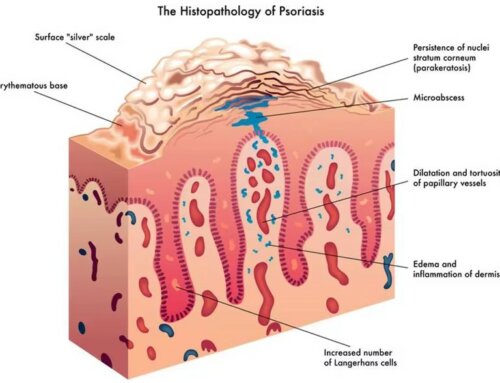The Diabetes / Alzheimer’s Connection
According to the American Diabetes Association, people with persistently high blood glucose tend to develop lesions on the brain later in life that are characteristic of Alzheimer’s disease. Diabetes increases the risk of getting Alzheimer’s disease and may speed dementia once it strikes. Doctors long suspected diabetes damaged blood vessels that supply the brain. It now seems that the damage may start before someone is diagnosed with full-blown diabetes, back when the body is gradually losing its ability to regulate blood sugar. According to the findings, brain functioning subtly slows as type 2 diabetics’ blood-sugar rises, well before people have any obvious memory problems.[1][2]
Omega-3’s can help Alzheimer’s
According to a study conducted in April of 2007 by the Departments of Medicine and Neurology, University of California Los Angeles, eating a diet rich in DHA omega-3 fatty acid may slow or even prevent Alzheimer’s disease. Previous studies suggested that DHA may help in the treatment of Alzheimer’s, this was the first to reveal that DHA could actually help slow or prevent the development of the disease.[3]
In February 2010, The Journal of Nutrition published a review of DHA studies and found 9 studies associating increased fish consumption with reduced risk for dementia, including AD. The researchers concluded, “There is a real opportunity to use them for prevention.”[4]
The Diabetes / Parkinson’s Connection
A new study published in the April issue of the Journal of Diabetes Care has revealed that diabetes patients could have an elevated chance of developing Parkinson’s disease. The research, involving the review of around 289,000 older adults in the US, showed that people suffering from type 2 diabetes at the start of the study were 41 percent more likely to be diagnosed with Parkinson’s disease over the next 15 years.
“That, however, does not prove that diabetes is a cause of Parkinson’s,” said senior researcher Dr. Honglei Chen, of the U.S. National Institute of Environmental Health Sciences. But Dr. Chen goes on to say that the two diseases could be connected because they share some similar underlying causes.[5]
Omega-3’s can help Parkinson’s
In 2008, a Canadian study conducted by Université Laval in Quebec found that omega-3 could help protect the brain against Parkinson’s disease. “Our results suggest that this DHA deficiency is a risk factor for developing Parkinson’s disease,” explains researcher Frederic Calon, PhD, in a news release. “In North America, the average intake of DHA is between 60 to 80 mg a day, while experts recommend a daily minimum of 250 mg.” states Dr. Calon.[6][7]
NOTE: Consult your doctor first to make sure my recommendations fit your special health needs.
American Diabetes Wholesale’s Diachieve pharmaceutical-grade omega-3 is the purest form of omega-3 available with the highest content of omega-3 you will find. Each Diachieve Omega-3 softgel supplies 850 mg of omega-3 per day with 325 mg of DHA. We recommend you take 3 softgels per day for optimum health.
References:













Leave A Comment